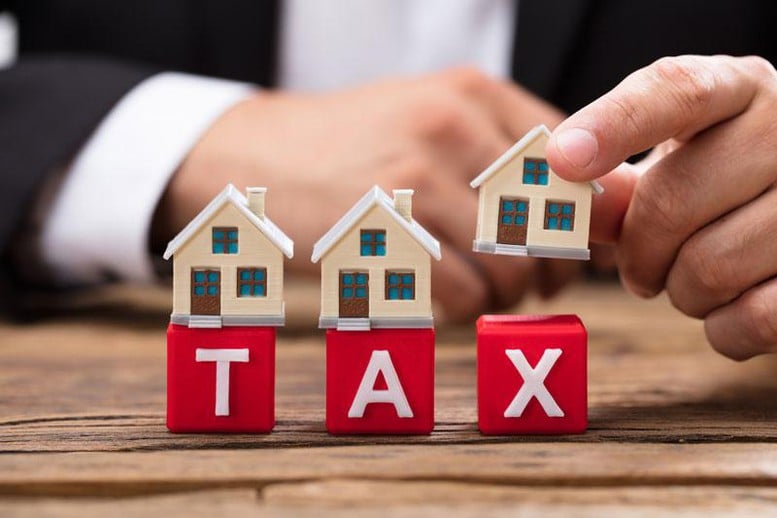
Need to clarify valid expenses, avoid tax when there is no income
At a meeting with ministries, branches, associations and securities and real estate enterprises on the draft Law on Personal Income Tax (amended), a representative of Techcom Securities Company (TCBS) said that many foreign investors are very interested in changes in tax policy, especially the option of taxing 20% on the difference and profit when transferring securities.
According to TCBS representative, most investors expect tax policy to be stable to create confidence for the market, instead of constant changes that make them worried. Therefore, the Government's decision to continue maintaining the current tax rate of 0.1% is welcomed.
However, the draft still allows investors to voluntarily choose the 20% tax calculation option if they want. With this option, many opinions say that it is necessary to clarify how to determine the cost price. Currently, securities companies are applying different methods such as average price, first-in, first-out (FIFO) method, leading to inconsistency.
In addition, when investors trade securities, the cost price is often recorded at the price at the time of transfer, which sometimes does not accurately reflect the actual investment. For cases of buying shares before the company is listed, there should also be specific instructions on how to determine the cost price.
TCBS representative also recommended that it is necessary to clearly define the valid expenses that can be deducted when calculating taxable income. For example, are margin loan expenses for stock investment deductible?
"Compared to savings with interest rates of 5-6%/year, if investing in stocks earns 10% in two years but is taxed at 20%, individual investors may no longer have the motivation to participate in the capital market," said a TCBS representative.
Therefore, issues that need to be carefully considered include: method of calculating cost price, types of deductible expenses, subjects applying the 20% tax rate... to ensure fairness, transparency, and accurately reflect the actual costs and income of investors.
No tax should be imposed on income without actual income.
Regarding the tax on bonus shares, TCBS agrees with many opinions that there should be no tax when investors have not actually received income. Taxing at the time of receiving shares forces investors to sell other shares or pay taxes out of their own pocket – this is not consistent with the principle of income tax.
If the regulations are not clear, it may lead to a situation where investors do not have enough money to pay taxes and do not receive shares, causing difficulties for the market and the issuing enterprise.
Proposal to maintain current tax rate, pending data completion
Mr. Le Hoang Chau - Chairman of the Ho Chi Minh City Real Estate Association - said that the proposal to keep the tax rate at 0.1% is reasonable. Currently, the stock market database system is not complete, the determination of actual purchase and sale prices still lacks a legal basis, especially for transactions that do not match the market price.
Mr. Chau noted that it is necessary to carefully calculate tax options to avoid overlapping and conflicts with other laws such as the Real Estate Tax Law that is being developed. In particular, if tax policies such as second home taxation or short-term transactions are implemented without synchronization, it will cause difficulties for taxpayers and management agencies.
Therefore, he proposed to continue to maintain the tax rate for the next 5 years, while completing Project 06 on developing transaction data to combat price manipulation and money laundering before applying a tax based on net income.
A representative of Novaland Group also shared the fact that when individuals contribute capital in the form of real estate, they must value the assets to contribute capital, but then when transferring the capital contribution, additional personal income tax is incurred. This may cause them to have to pay two types of taxes: real estate transfer and capital transfer.
Therefore, it is necessary to clarify the regulations to avoid double taxation. In addition, reasonable expenses such as renovation, construction, brokerage, loan interest, etc. should also be recognized as deductible expenses when calculating taxable income.
Regarding family deductions, Novaland representatives suggested adjusting the deduction level by region (for example, Ho Chi Minh City and Hanoi have higher living costs) and having a mechanism to periodically update according to inflation or economic indicators instead of being fixed as it is now.
Tax policy needs to be more realistic and fair
From a state management perspective, Deputy Minister of Finance Cao Anh Tuan said the Ministry is focusing on completing data on income and taxpayers to build a fairer and more accurate tax policy.
Regarding securities tax, the current rate of 0.1% is applied for each transaction for the convenience of investors. However, the Ministry is considering the option of allowing year-end settlement to accurately reflect actual income, avoiding disadvantages for long-term investors or losses.
The Ministry of Finance is also studying to adjust the tax settlement and refund process to make it more convenient, ensuring fairness between individuals and businesses. Currently, individuals must pay taxes as soon as they generate income, while businesses are allowed to settle at the end of the year - this creates inconvenience.
Regarding real estate tax, the Deputy Minister emphasized that the current collection rate based on transfer prices is not in line with the target of collecting the difference. The Ministry will continue to review and propose amendments that are closer to reality, consistent with international practices and avoid disrupting the market.
For stock dividends, personal income tax is only calculated upon transfer, at a rate of 0.1%. The new draft also allows individuals creating digital content to deduct reasonable expenses of up to VND4 million/month to accurately reflect the costs incurred.
The Deputy Minister said the Ministry is also reviewing subsidies to determine which are deductible from reasonable expenses - this content will be specified in detail under the 2023 amended Law.
Regarding family deductions, because the CPI has increased by nearly 20% compared to the time of applying the current level (VND 11 million/payer, VND 4.4 million/dependent), the Ministry of Finance is submitting a suitable adjustment plan, but still has to calculate carefully so as not to affect the state budget.
"Tax collection must be in accordance with the nature of income, in line with reality and international practices. However, it is also necessary to take into account the characteristics of Vietnam and the rapid fluctuations of markets such as real estate, securities, and digital platforms. The Ministry of Finance will continue to listen to opinions from businesses, associations, experts, and localities to build fair and transparent policies, contributing to economic stability and sustainable budget revenue increase," Deputy Minister Cao Anh Tuan affirmed.
Business representatives highly appreciated the open-mindedness of the drafting agency. Allowing the choice between two tax calculation options (0.1% on transaction value or 20% on net income if costs can be proven) is considered a flexible opening point. At the same time, businesses also agree with the long-term policy of taxing based on actual profits, with a suitable roadmap and not applying immediately when the data infrastructure is not ready.
Mr. Minh
Source: https://baochinhphu.vn/sua-luat-thue-thu-nhap-ca-nhan-tranh-thu-thue-khi-chua-co-thu-nhap-thuc-te-102250801162043707.htm




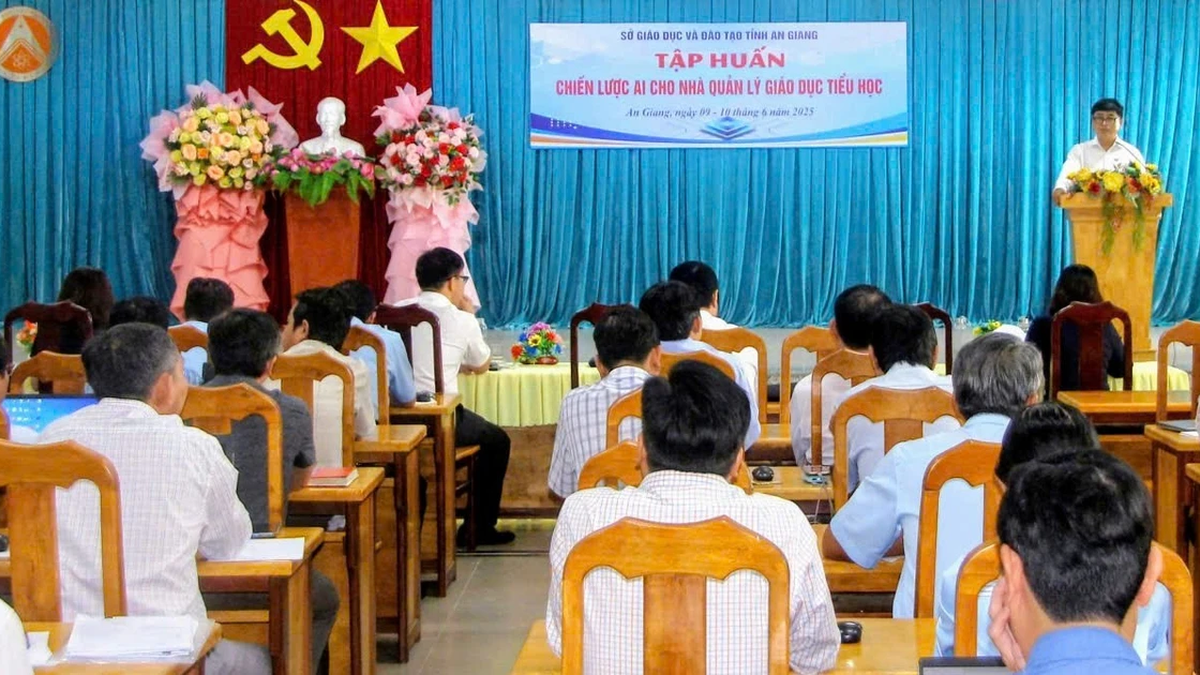






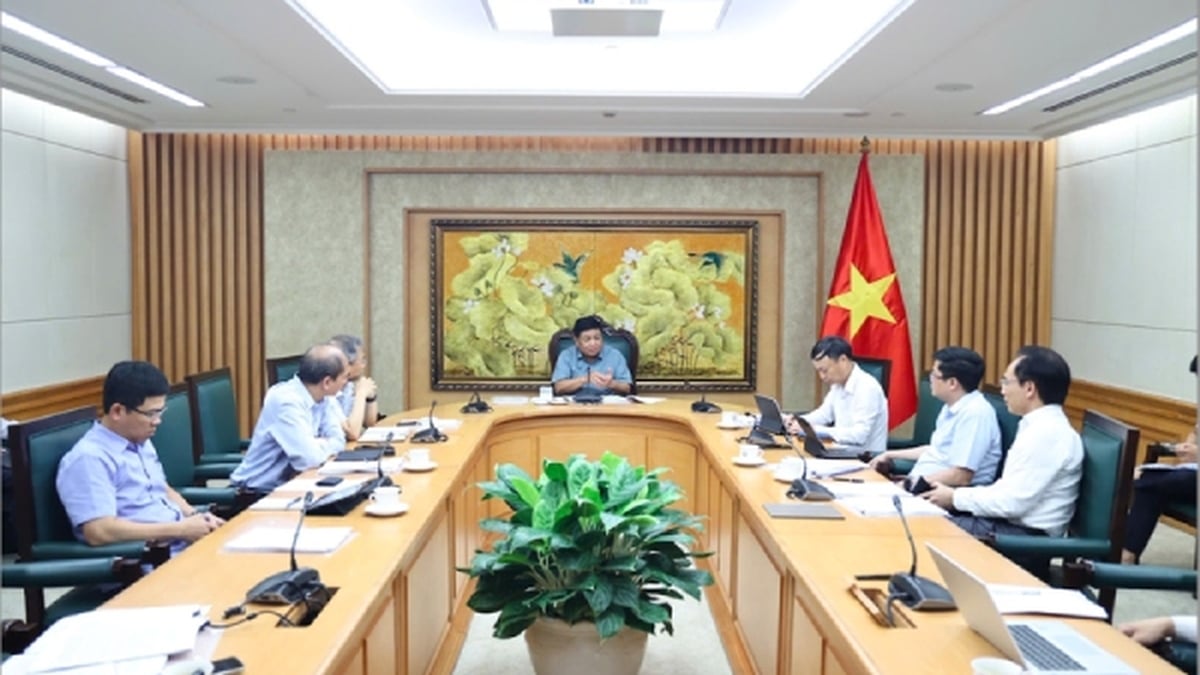































































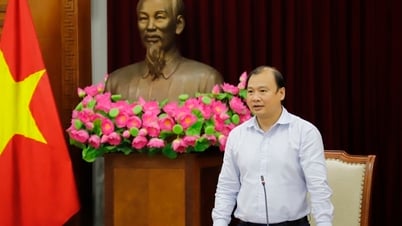
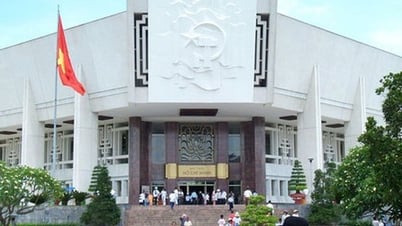
























Comment (0)